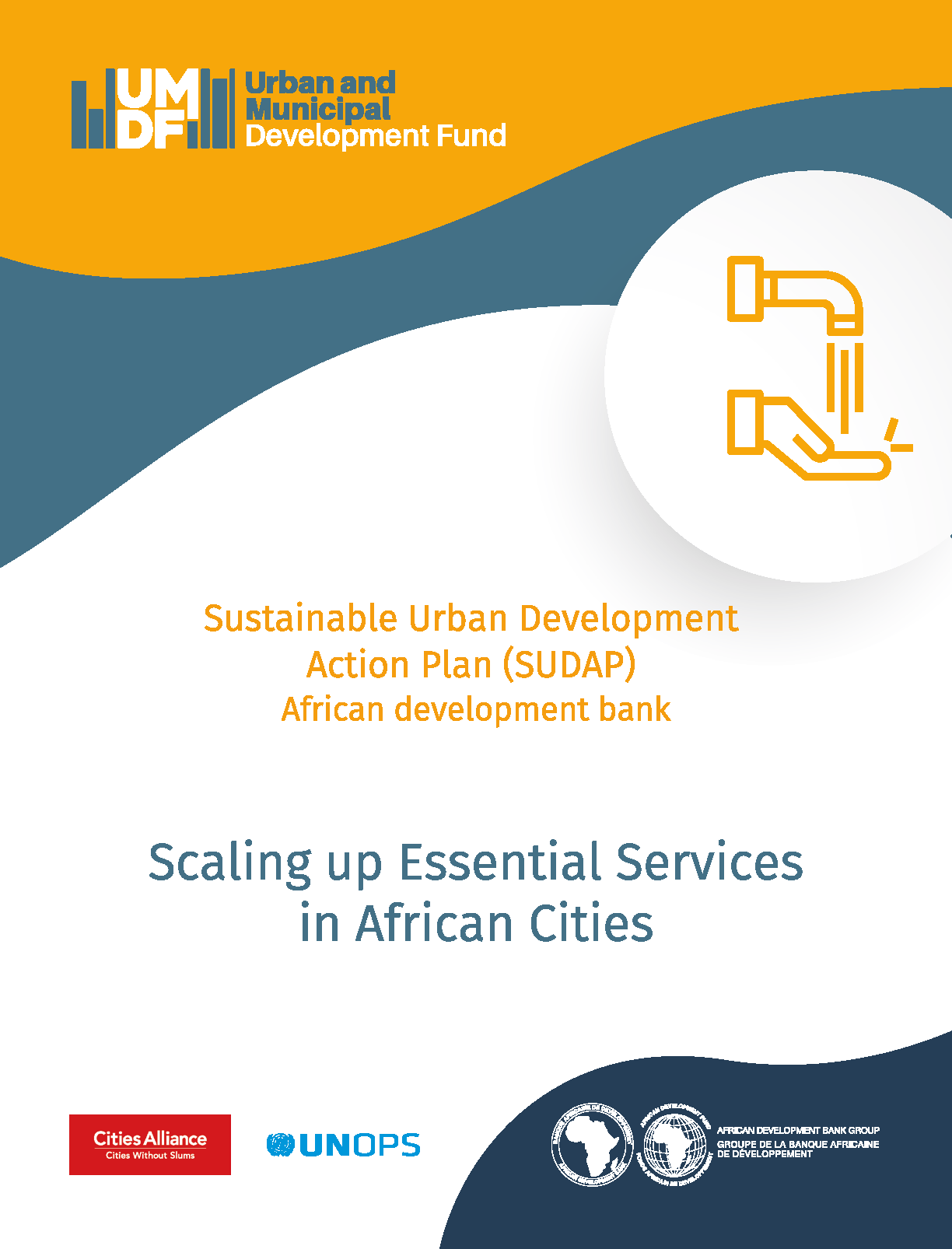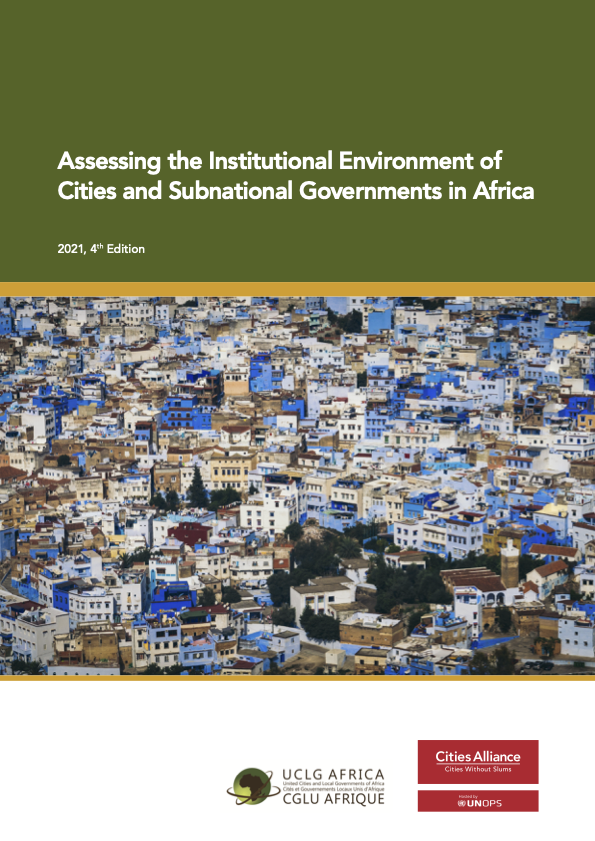- Who We Are
- How We Work
- Regional / Country Initiatives
- Legacy
- Core Themes
- Working Groups
- Portfolio & Results
- Newsroom
- Resources
CIVIS June 2010: Thinking Globally, Acting Locally: Institutionalising Climate Change within Durban’s Local Government
urban (eThekwini) is unusual among cities worldwide in having a municipal government that has developed a locally rooted climate change adaptation strategy. This brief considers four institutional markers behind local government approaches to climate change:
- The emergence of climate change advocates among local politicians and civil servants;
- Climate change as a significant issue in municipal plans;
- Staff and funds allocated to this issue; and
- A serious consideration of climate change issues within local government decisionmaking.
Considerable progress has been achieved regarding the second and third markers but less so for the first and fourth. This brief highlights how climate change issues need to be rooted in local realities that centre on avoiding or limiting impacts from, for instance, heat waves, heavy rainfall and storm surges, and sea-level rise.
It also addresses the ecological changes and water supply constraints linked to climate change. International agencies pay too little attention to adaptation, as the reduction of greenhouse gas emissions (mitigation) has been prioritised.
This brief stresses the importance of building local knowledge and capacity on climate change risks and adaptive responses. Without such knowledge and capacity, decision makers will see
environmental issues as constraints rather than as essential underpinnings to development.
This is the third in a series of Notes on climate change and cities. The first Note considered what city governments must do regarding climate change. The second discussed the links between climate change adaptation and development, and the kind of support city governments need from
national governments and international agencies to deal with these. The fourth will consider how to build a city vulnerability risk map for both disaster risk reduction and climate change adaptation.
About CIVIS
The CIVIS series shares knowledge and learning arising from Cities Alliance projects and other activities in slum upgrading and city development strategies. It also serves as a platform for policy dialogue and debate among city development stakeholders, including national and local governments, donors and slum dwellers to impact change in the lives of the urban poor and advance the urban development agenda.


